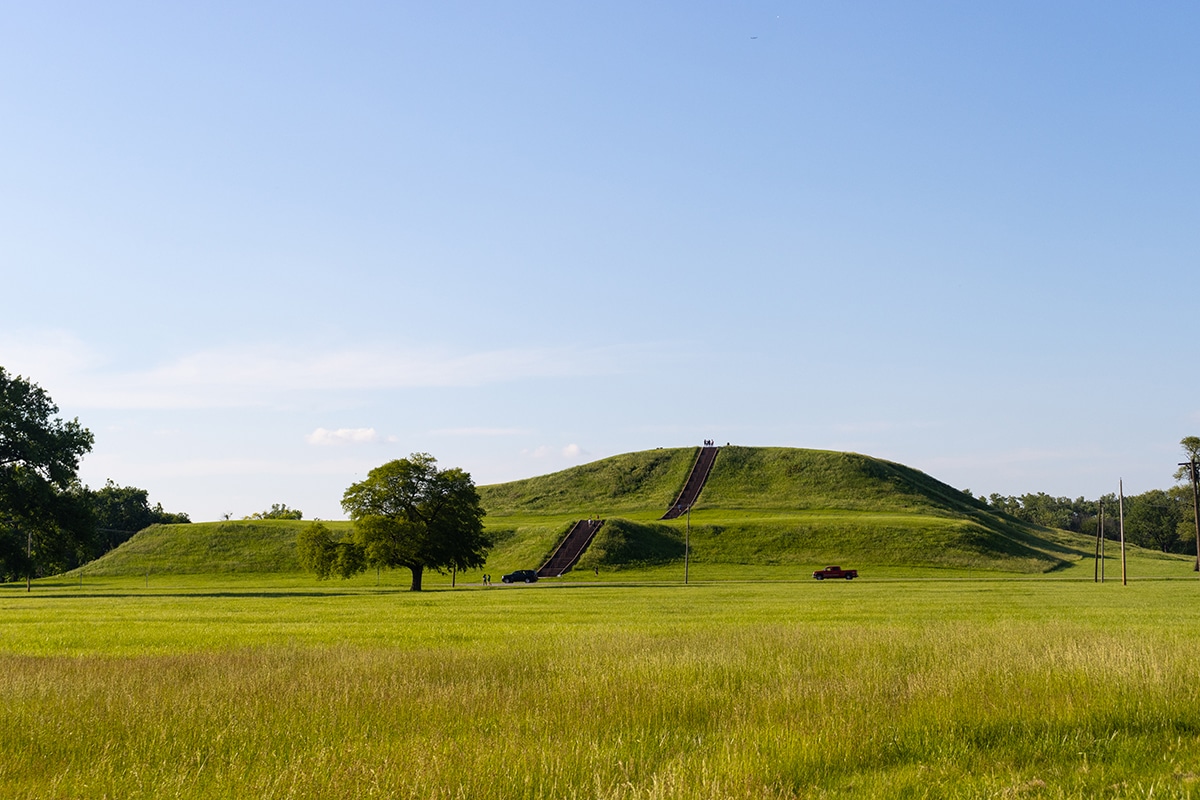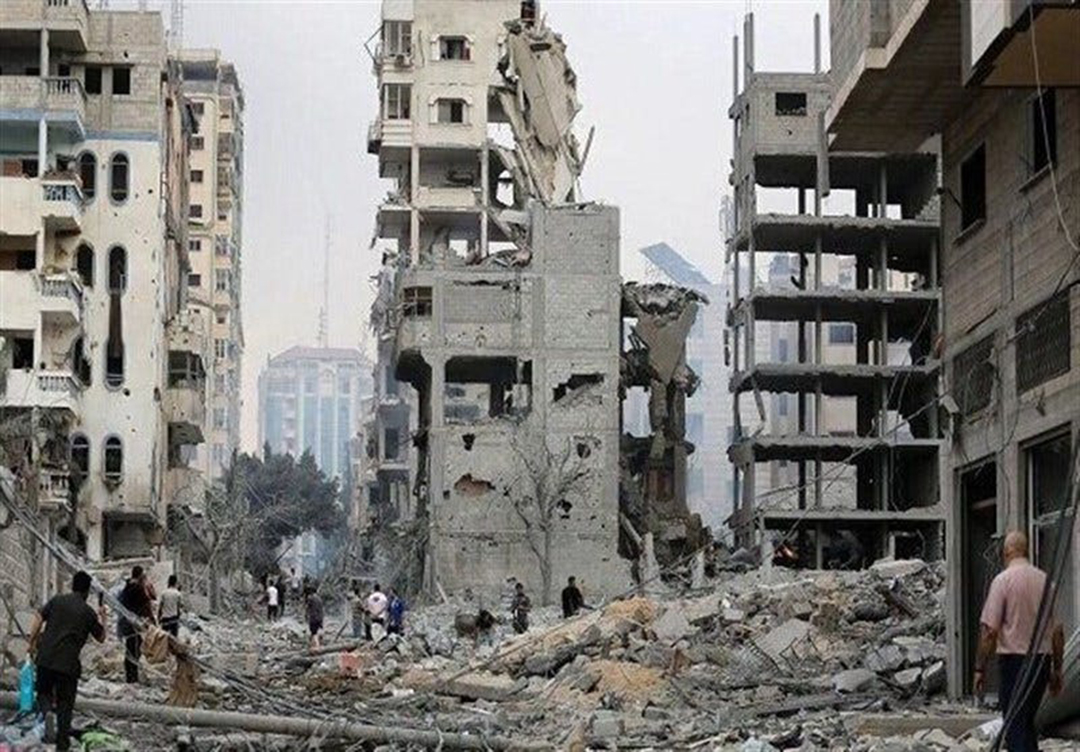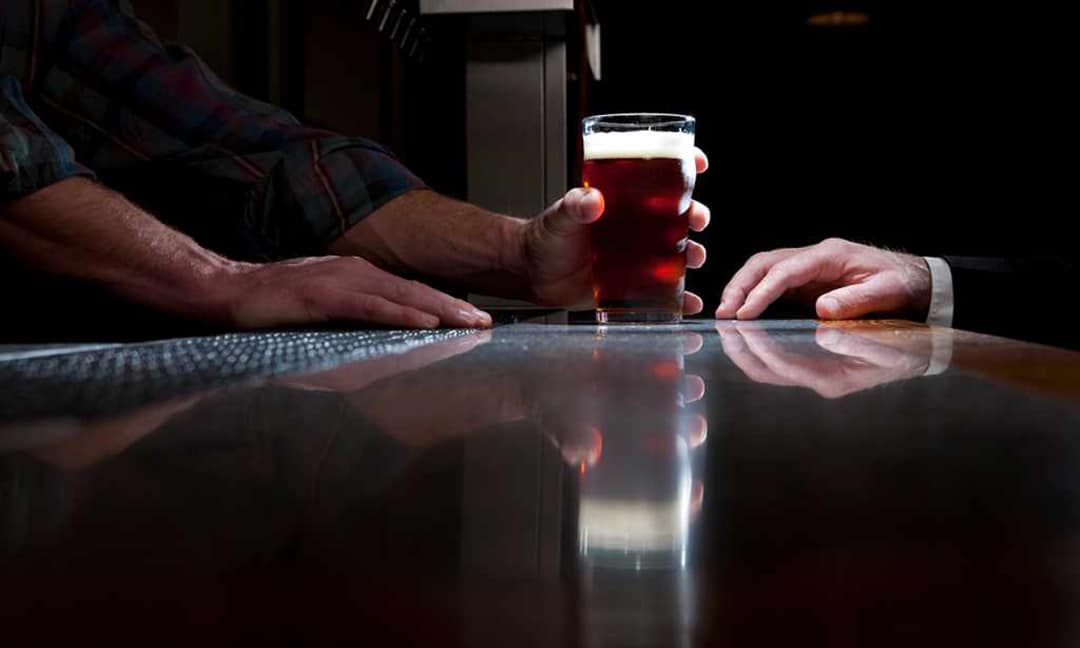

Twelve Steps For Civilization in Collapse
I remember the first time I heard someone in AA say, “You can’t do this alone.” They weren’t talking about drinking. Not really. They were talking about collapse… the personal, emotional, and spiritual kind. About staring down a system inside yourself that insists on its own destruction.
Years later, as I watched wildfires consume forests, aquifers dry up, and billionaires build bunkers, those words echoed back louder than ever. You can’t do this alone. Because the truth is, we live in an addicted civilization. Industrialism, extraction, consumption… it’s a bender that never ends. We know it’s killing us, and still we can’t stop. That’s addiction.
And if recovery has taught me anything, it’s this: Knowing isn’t enough.
You need a system of recovery. You need community, humility and structures built not on dominance and denial, but on connection and truth. Rather than looking to think tanks or tech utopias for answers, perhaps we should consider the wisdom of those who’ve had to learn how to live without illusions.
The Industrial Addiction
Addiction means compulsion in the face of harm. It is the pattern of knowing something is destroying you and continuing anyway. It thrives on escape, denial, and dependency. Measured this way, industrial civilization is addicted, both structurally and psychologically.
We tear down forests to make packaging we throw away. We drain aquifers to grow almonds for distant markets. We burn oil to ship plastic toys across oceans. Each hit gives us a short-term high. We call this comfort, convenience, and control… but the long-term damage is undeniable. Still, we cannot stop. Like any addict, we find reasons to keep going. We tell ourselves stories about innovation, progress, and economic growth, just as an alcoholic swears they’ll quit tomorrow.
This is not a matter of personal failing. Civilization itself is built on extraction. Its foundation is the permanent conversion of land, water, and life into commodities. The system simply could not function without destruction. That is the cycle of addiction.
And like any addict in denial, we lash out when confronted. We call collapse “a challenge to overcome” instead of what it is… a consequence. Some lash out at the “doomers,” the Cassandras reminding us our lives have become unmanageable. We invest in fantasies like green tech and colonizing Mars rather than face the reality that we cannot continue as we are.
Recovery begins with honesty. So must our resistance.
Recognition is the First Step
In recovery, everything starts with acknowledgment. You admit the problem, not in theory, but in your gut. You stop pretending. You say it out loud.
I am powerless over this. My life has become unmanageable.
Civilization avoids this step at all costs. It insists on control. It clings to the myth of endless growth, even as the soil blows away, the oceans warm, and the skies turn orange with fire. It refuses to say the obvious: This is not sustainable. This is not sanity. We are addicted to a system that is destroying the world.
The language of recovery gives us a map, but only if we’re willing to read it honestly. The first step doesn’t offer solutions. It strips away illusion. It breaks the spell of normalcy. That moment of clarity when you see that continuing means death… it does not come easy. For addicts or civilizations.
So let us begin in truth-telling. Name what we are part of. Grieve it. And then we begin to ask: if we cannot save the system, what can we save of ourselves, of each other, and of the living world?
Relational Autonomy and the Wisdom of AA
In the aftermath of recognition, the question becomes: what now? Recovery is not about heroic self-discipline. It is not about lone willpower. The addict who tries to white-knuckle their way to sobriety usually fails. That is why the second truth in AA is as important as the first: you can’t do this alone.
The same applies to collapse. We are trained to think in terms of individual survival. We might talk of stockpiles, bug-out bags, off-grid fantasies… but no one makes it through systemic unraveling alone. Real resilience is built in relationships, trust, shared labor, and in networks that spread risk and deepen meaning.
This is where the wisdom of AA speaks directly to our collective moment. Its power lies not in hierarchy or control, but in mutual aid. It thrives in living rooms, basements, and church halls. It is decentralized, voluntary, and rooted in honesty. People show up, not to save each other, but to witness each other. To tell the truth. To hold each other accountable. While these are great strategies for staying sober, I believe they could be great models for making it through collapse with dignity.
A Culture of Recovery
If civilization is addicted, and collapse is inevitable, then the future depends on how we recover from it. That means as communities rooted in something saner than profit, domination, or efficiency.
At the beginning, recovery is abstaining from harm. On a more fundamental level it is the work of building a better life. In AA, that means beginning with not drinking, but really means learning to speak truth, to make amends, to listen deeply. It means creating a culture where vulnerability is strength and humility is survival. That same ethos could guide us through collapse.
Imagine a post-industrial world that doesn’t just endure, but learns. One that values limits instead of endless growth. One that centers relationship over extraction, and presence over production.
I’m not trying to sell you a utopia. In truth, there are already places where mutual aid networks, land-based communities, and trauma circles are happening. They echo the same truths whispered in recovery rooms: show up, tell the truth, stay connected, take responsibility.
Surrender and the Earth as Higher Power
In recovery, the turning point often comes with surrender. You stop trying to control the uncontrollable. You let go of the illusion that you can outthink or outmuscle the consequences of your behavior. You begin to listen.
AA frames this as turning to a higher power. That phrase is often misunderstood and even reviled particularly by atheists. Yet it really does not have to mean religion. It means recognizing something larger than yourself, something worthy of humility. In the context of collapse, that higher power might simply be the Earth.
The Earth doesn’t negotiate. It doesn’t care about our economic models or quarterly profits. It responds to physical reality, whether that be carbon, temperature, extraction, extinction. Yet the Earth offers everything: water, soil, breath, life.
To recover from civilization means to rejoin that reality. It means surrendering the fantasy that we are separate or superior. It means returning to relationship with the living world… not as consumers or managers, but as kin.
This is not the surrender of despair. It is the surrender of illusion. It is the space where something true can begin. Like the addict who hits bottom and sees, maybe for the first time, the path ahead, we too can choose to live differently. But not without humility and listening. And certainly not without each other.
And with that I present to you our 12 step plan for recovery.
12 Steps for Recovery from Industrial Civilization
- We admitted that we were powerless over industrial civilization—that our way of life had become unsustainable.
- Came to believe that a power greater than empire—life itself, the Earth—could restore balance and sanity.
- Made a decision to align our lives with the needs of the living world, not the demands of the economic system.
- Made a searching and fearless inventory of our complicity in systems of extraction, domination, and denial.
- Admitted to ourselves, to others, and to the Earth the exact nature of our participation in collapse.
- Became entirely ready to let go of the habits, comforts, and identities that kept us tied to the system.
- Humbly worked to unlearn the myths of progress, control, and separation.
- Made a list of all beings and communities harmed by industrial civilization, and became willing to make amends.
- Took direct steps to repair relationships with land, water, and people—except when doing so would cause further harm.
- Continued to take personal and collective inventory, and when we perpetuated harm, promptly acknowledged it.
- Sought to deepen our relationship with the living world through listening, ceremony, and grounded action.
- Having experienced a reawakening through these steps, we carried this vision to others and practiced these principles in all our relations.
What the heck. Let’s end with a Serenity Prayer.
Earth-Centered Serenity Prayer
Earth, grant me the serenity
to accept the limits of this living world,
the courage to resist what destroys it,
and the wisdom to walk in balance with all beings.
Let me remember what I am made of—
soil, water, breath, and time.
May I act not from fear, but from love.
Not from control, but from kinship.
One day at a time,
one step toward wholeness,
with humility, with others, and with you.






0 Comments